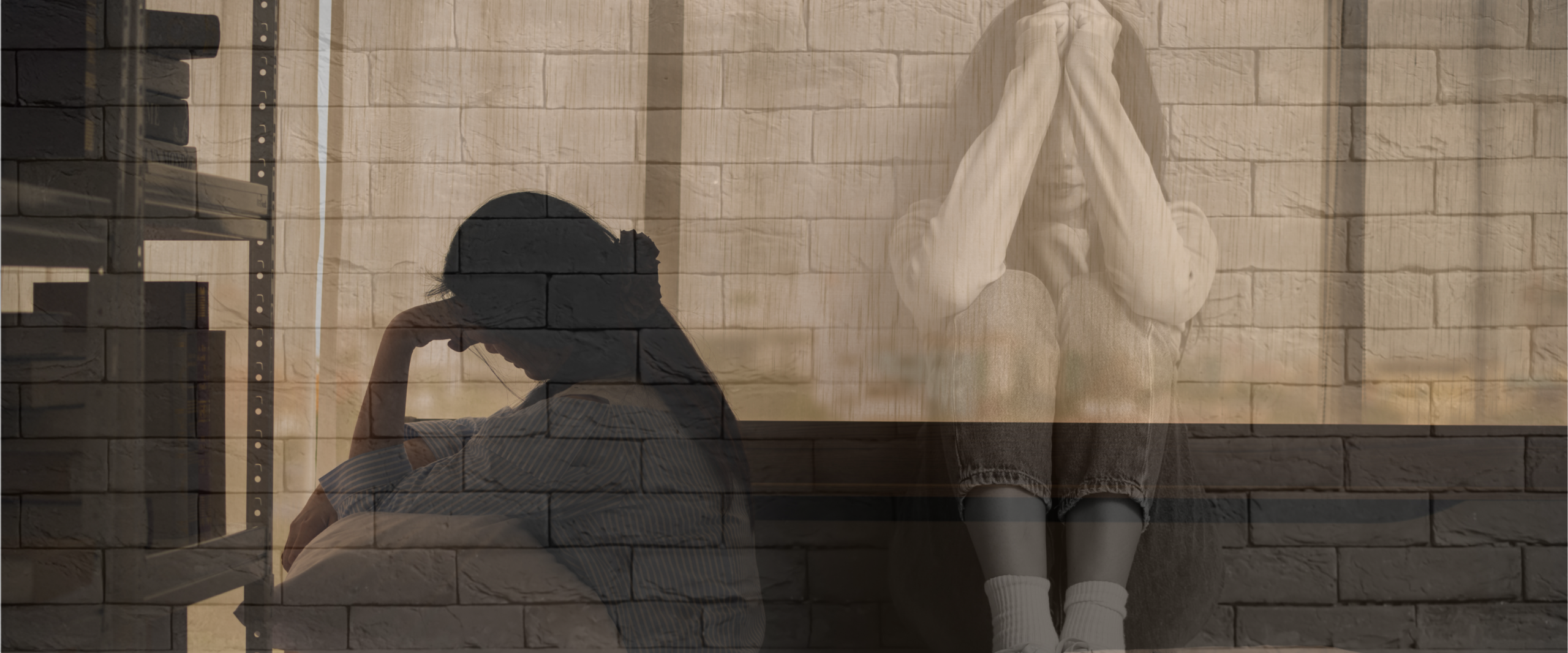Suicide and Suicidal Thoughts – Causes, Prevention & Treatment
Suicide and suicidal thoughts affect individuals of all ages, backgrounds, and walks of
life. Suicide is a tragic act that often arises from extreme sadness, hopelessness, or emotional pain.
However, with timely care, counseling, and support, suicide can be prevented.
Causes and Factors Behind Suicide
Suicide occurs when a person feels overwhelmed by emotional pain and sees no way out. It is not a sign
of weakness but a response to extreme distress. People thinking about suicide are often seeking relief
from their suffering rather than wanting to die. Identifying the reasons behind these thoughts is the
first step toward preventing suicide and providing the right support.
Common Causes of Suicide
There are several causes that may lead to suicide. Each suicide case is unique, but the most frequent
reasons include:
- Depression and other untreated mental health disorders leading to suicide
- Extreme emotional pain or loneliness causing thoughts of suicide
- Loss of loved ones or life changes that make suicide seem like an escape
- Substance abuse problems linked with higher suicide risk
- Work or financial stress pushing individuals toward suicide
- Relationship conflicts or family pressure leading to suicide-related thoughts
Warning Signs of Suicide
People thinking about suicide often show signs before acting. Common warning signs include:- Talking about death, suicide, or feeling worthless
- Withdrawing from friends or activities
- Sudden calmness after long sadness
- Giving away belongings or saying goodbye
- Drastic changes in behavior
Risk Factors for Suicide
Many factors can increase the likelihood of suicide, such as:- Previous suicide attempts
- Family history of suicide or mental illness
- Substance abuse and addiction
- Chronic pain or serious illness
- Lack of social support
- Exposure to another person's suicide
Suicide Prevention: Steps That Save Lives
Suicide prevention involves compassion, awareness, and early help. Here's how you can help prevent
suicide:
- Listen carefully when someone mentions suicide
- Stay with the person if they are thinking about suicide
- Encourage them to speak to a professional about suicide-related feelings
- Remove access to any tools that could be used for suicide
- Remind them that suicide is not the only option — help is always available
Treatment for Suicide-Related Conditions
At Athma Hospitals, we focus on healing the root causes of suicide. Our team provides
confidential and compassionate care for those facing suicide-related distress. Treatments may include:
Therapy
Counseling and Cognitive Behavioral Therapy help people manage suicide thoughts effectively.Medication
Proper medicines can reduce the risk of suicide by balancing emotions.Supportive Environment
A safe, caring space reduces the feelings that lead to suicide.Follow-Up Care
Continuous care ensures that suicide does not reoccur after recovery.
Professional help can completely transform the thoughts and emotions linked to suicide.
When to Seek Emergency Help
If you or someone you know is talking about suicide or has attempted suicide, treat it as an emergency. Stay with them, remove harmful objects, and call for help right away. Contact Athma Hospitals for immediate care. Call 92 01 20 22 03 to speak with our mental health professionals who are trained to help anyone struggling with suicide-related challenges.Finding Hope After Suicide Attempts
Recovery from suicide-related pain takes time, patience, and support. Many people who once thought of
suicide later go on to live meaningful, happy lives. With care and connection, hope can always return.
Remember, no matter how deep the pain feels today, suicide is not the solution.
At Athma Hospitals, we are dedicated to preventing suicide and guiding individuals toward
healing, strength, and hope.
Frequently Asked Questions
How should I respond if someone shares they’re having suicidal thoughts?
Listen with care, stay present, and avoid judgment. Ensure their immediate safety and contact a suicide help hospital in Chennai or call Athma Hospitals at 9201202203 for urgent support.
Is it possible to stop someone from attempting suicide?
Yes. Early intervention, emotional support, and professional care at a suicide prevention hospital in Chennai can save lives, making preventing suicide achievable.
How long does support for suicidal thoughts usually last?
Treatment varies per individual. Some notice improvement in weeks, while others require ongoing therapy at a suicide rehabilitation centre in Chennai to maintain recovery.
Can talking openly about suicide make things worse?
No. Discussing suicide and suicidal thoughts in a caring way can provide relief and motivate them to reach out to a suicide prevention helpline in Chennai or a mental health professional.
What therapy options help people with suicidal tendencies?
CBT, DBT, and interpersonal therapy are proven to help. Suicide rehabilitation centers in Chennai offer these therapies to build coping skills and emotional resilience.
Will my information be kept private during treatment?
Yes. At Athma Hospitals, patient information remains strictly confidential. As a trusted suicide prevention hospital in Chennai, we provide a safe, supportive environment for care.
How can I help a loved one at risk of suicide?
Provide understanding, stay calm, and guide them to professional help. Contacting a suicide help hospital in Chennai or a suicide prevention helpline in Chennai ensures timely and effective support.

Suicidal thoughts are often a desperate attempt to escape pain, not a true wish to die. Treatment helps you find better ways to cope with that pain.
— Athma Mind Care Hospital
Don’t Wait to Feel Better
When thoughts feel heavy or frightening, support can make a difference.

